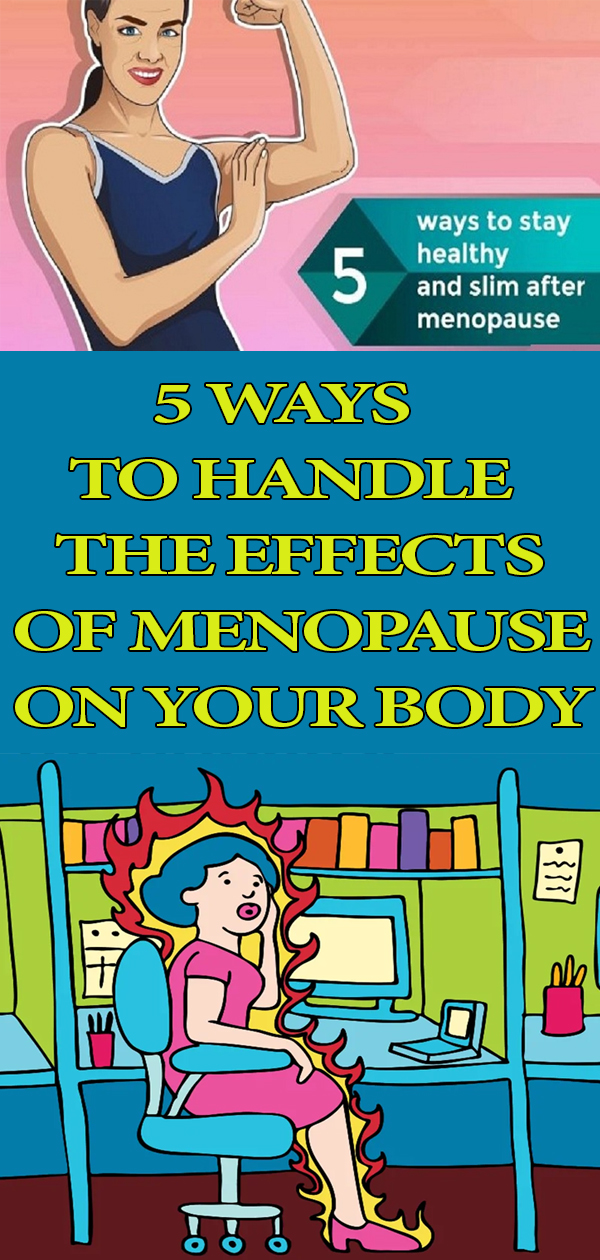Most women are diagnosed as experiencing menopause between the ages of 45-55, after 12 months without a regular menstrual cycle. For some, however, the symptoms can begin as early as 30. The many unpleasant manifestations can be overwhelming, and you may feel defenseless before the onslaught.
Whether we like it or not, menopause is a natural stage of womanhood. At least two-thirds of women will experience the classic symptoms of hot flashes or mood swings. This is also a time when women are vulnerable to osteoporosis, weight gain, or diabetes. At any age, it is important to understand how to protect your body against illness and bone loss.
Besides the symptoms already mentioned, women may experience the following during menopause:
- Night Sweats
- Chills
- Vaginal dryness
- Irregular periods
- Trouble sleeping
- Dry skin or hair loss
- Loss of memory or concentration, ‘brain fog’
- Those who suffer from migraines may experience more frequent or severe headaches
You may begin to feel like a helpless victim of menopause symptoms, but there are ways to deal with the onslaught. It is important to track your symptoms and identify potential triggers. It is also important to maintain your overall health so that your body’s natural defenses remain intact. You may be surprised at how a few lifestyle changes can lessen menopausal effects.
Ways To Handle The Effects Of Menopause On Your Body
Keep A Journal Of Symptoms
A written record can help you identify potential triggers for hot flashes or sleeplessness. Write down when you have a hot flash and what you ate beforehand. There are several common triggers to look for, such as
- Being in a hot room or hot weather
- Eating hot or spicy food
- Eating fatty meat
- Alcohol consumption
- Caffeine
- Stress
- Restrictive clothing
- Smoking or exposure to cigarette smoke
If you begin to see a pattern between hot flashes and any of the above, you may need to consider making some changes to lessen your symptoms.
If you suffer from headaches, record if they seem to be triggered by hot flashes. Also record if you have skipped meals, as this may also contribute to headaches. Write down how much sleep you had or how many times your sleep was interrupted. Keep track of exercise, eating habits and sources of stress to find out how your body reacts to various circumstances and stimuli.
Eat Healthily
One of the best gifts any person can give themselves is a healthy diet. This is especially true during menopause. A protein-rich diet can help lessen the lean muscle loss that comes with age. And a diet containing plenty of calcium and vitamin D can keep bones strong.
Eating plenty of fruits and veggies will help you feel more full, and that can help reduce undesired weight gain. Studies have shown that fruits and veggies can also help prevent bone loss. They can also help lessen the chances of heart disease, which increases during menopause.
It is important not to skip meals. Eat several small meals if necessary to lessen the chances of headaches or low metabolism. Eat healthy snacks like nuts or raw veggies if you need a boost. And learn what foods to avoid for fewer hot flashes and higher energy levels and brain function.
It can also be helpful to eat more foods containing phytoestrogens, which mimic the effects of estrogen to help keep hormones in balance. Foods rich in phytoestrogens include soybeans and soybean products, tofu, sesame seeds, and beans. However, be aware that there is an ongoing debate about how good soybeans really are for you.
Of course, the need for proper hydration can never be over-emphasized. Make sure you are drinking plenty of water throughout the day to maintain proper body functions and weight goals. Drinking a glass of water about 30 minutes before a meal will help you eat less and feel more satisfied.
And finally, avoid refined sugars and over-processed foods as much as possible. When mood changes make sugary snacks seem so appealing, try sweet fruit instead. If you just can’t deny your sweet tooth, go for dark chocolate, which may actually help you focus better and has positive effects on skin and mood.
Exercise
Although you may not think about exercise as a way to relieve menopause symptoms, it has proven to be helpful on several levels. Of course, proper exercise is important for everyone at every age. Even if you have never been in the habit of exercising regularly, now is a good time to start.
The jury is still out on whether exercise can help relieve hot flashes. But there is no doubt about its benefits for bones and joints or its ability to relieve stress for a better night’s sleep. It has also been shown to improve energy levels and overall metabolism. Studies have shown that regular exercise can help protect against a variety of illnesses such as breast cancer, high blood pressure, and osteoporosis in menopausal women.
About 30% of women over 50 experience some urinary incontinence. Besides regular exercise, women who begin to experience bladder issues may also benefit from Kegel exercises to strengthen the pelvic floor muscles. If you still continue to experience bladder issues, talk to your doctor about different options.
Scheduling at least 2 hours a week of aerobic exercises such as walking, biking, or swimming can also greatly improve cognitive function. It can help enhance your mood and relieve stress. Although many people think of exercise in a negative way, it can be an enjoyable experience that will get you into the open air or even improve social contact if you decide to take a dance or water exercise class.
Challenge Your Mind
Exercising your brain is also important. Try learning a new skill to help keep your mind active and alert. It’s never too late to try to learn a new language or how to play a musical instrument. There are also a variety of mental exercises and even electronic games that are specifically designed to increase cognitive function. You can also try simple crossword puzzles or word search. Or just start reading a good book.
It’s important for menopausal women to avoid stress as much as possible. Stress can lead to increased hot flashes and memory loss. Mood swings are not uncommon as a result of hormonal imbalance, which also contributes to lowered cognitive function. Keeping your mind stimulated and as active as possible is one way to improve memory and overall alertness.
Supplements And Skin Care
There are a number of natural supplements recommended for relieving menopause symptoms. Some may work for you, and others may not. At this point, there is no definite scientific proof for a particular supplement’s effectiveness for menopausal women. But if ongoing popularity of use is any indication, it may be worth trying some of the more favored products.
Phytoestrogens. Besides food sources, these supplements are available as red clover extracts and ginseng. This supplement is thought by some to relieve hot flashes and help protect against breast cancer.
Black Cohosh. Again, the results of various studies are mixed regarding the effectiveness of black cohosh in controlling hot flashes. When trying any new supplement, always start with the lowest dose to test your reaction. This supplement has been used to treat hot flashes and mood swings.
Other popular supplements include flaxseed or flaxseed oil, wild yams, and St. John’s Wort. This is by no means an all-inclusive list. And besides oral supplements, you may find supplemental lubricants and creams to be helpful for vaginal dryness or rough skin. Always use products that are gentle for skin and hair and protect yourself from overexposure to the sun’s rays.
Final Thoughts
Unfortunately, there is no natural way to just make menopause go away. Menopause symptoms vary greatly from person to person, so only you can decide on the best course of action for handling your own life changes. Talk to your doctor about any unusual indications or symptoms that seem to be out of control.
It’s also important to mention, in the midst of all the emotional upheaval, don’t give up on romance. Find new ways to keep that special relationship alive and flourishing. At the same time, learn to recognize your need for alone time. Good communication and setting relationship priorities can help you get through this sometimes volatile stage of your life. Don’t give up, those pesky symptoms won’t last forever.
Staying healthy is the best thing you can do for yourself at every stage of life. During menopause, don’t let symptoms keep you from the activities you enjoy. Talk to your doctor about any symptoms that especially worry you. Eat well, exercise, drink plenty of water, and find creative outlets that will help you be the best you ever.


